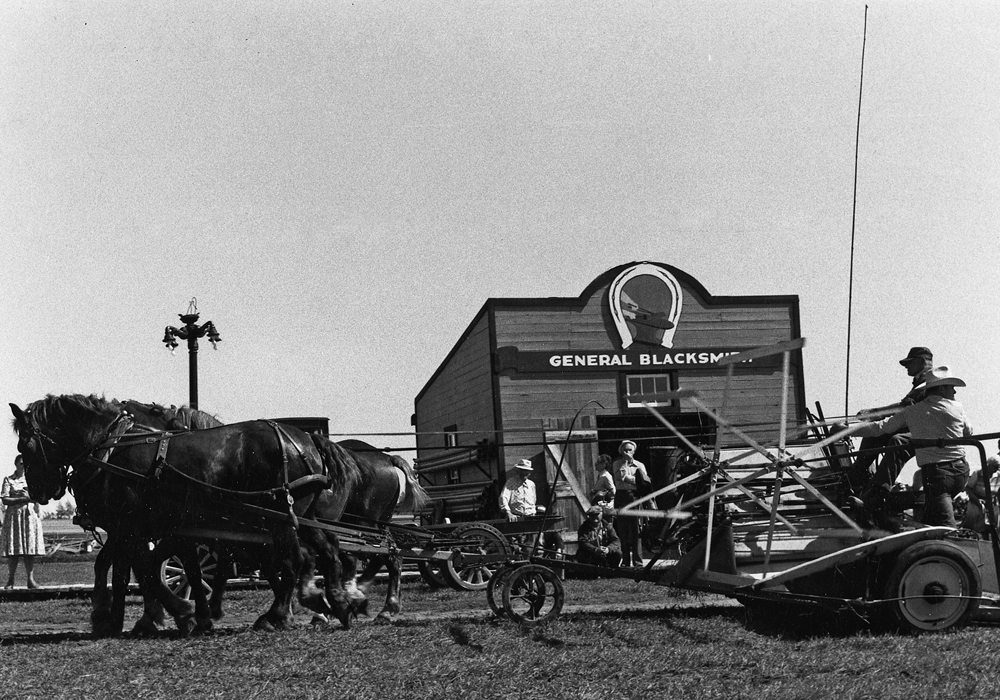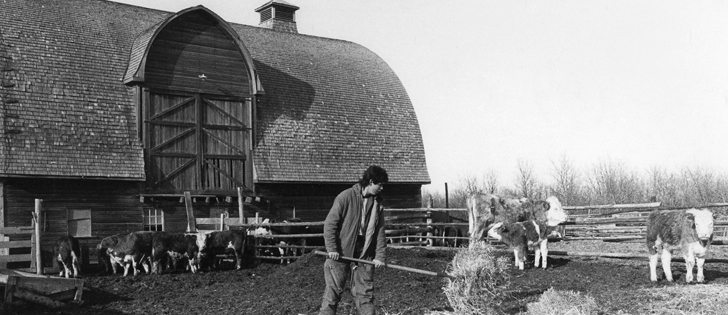The Western Producer takes a weekly look at some of the stories that made headlines in issues of the paper from 75, 50, 25 and 10 years ago.
75 years ago: April 18, 1940
Spring thaw in the Alberta foothills brought a rush of ice floes down the Red Deer River and forced more than 1,000 people from their homes. Flood conditions were the worst in 25 years.
A Canadian press dispatch quoting an unnamed government official started a rumour that the Canadian government was considering taking over the country’s entire wheat marketing system. The decision was to have been the result of the German invasion of Norway, which cost Canada two of its wheat customers: Norway and Denmark. However, a later dispatch from a special correspondent contradicted the rumour.
Read Also

Budget seen as fairly solid, but worrying cracks appear
The reaction from the agriculture industry to prime minister Mark Carney’s first budget handed down November 4th has been largely positive.
An article praised the efforts of Canadian plant breeders to develop new varieties of rust resistant wheat, particularly Apex, Thatcher, Renown and Regent. Apex, which was developed at the University of Saskatchewan, was expected to cover five percent of Saskatchewan’s wheat acreage in 1940.
50 years ago: April 15, 1965
An economics professor from England told a meeting in Saskatoon that a producer marketing board would require compulsory powers to control the supply of a commodity through the whole area of operation if it was to achieve its aim of increasing farm income.
A two page special feature in the issue’s magazine section asked the question: “Will Adequate Water Supplies be Found for Our Future Needs?” It ended with these lines: “What will our needs be? Which will serve our interests best? These are crucial questions which must be answered now if we are to attain the height of achievement which it is known our country and people are capable.”
25 years ago: April 19, 1990
Alberta agriculture minister Ernie Isley riled up the province’s hog producers when he appeared at their annual meeting. The industry was in turmoil because of problems at the province’s two packing plants, countervail action by the United States and a controversial new hog pricing formula. One producer said Isley sounded less like an agriculture minister and more like Peter Pocklington, the owner of Gainers Inc., who defaulted on a government loan and saw the provincial government seize his packing plant.
Auditor-general Ken Dye said the federal government would possibly have to take a multibillion-dollar loss to remove a large and growing uncollectable Polish debt from the Canadian Wheat Board’s books.
10 years ago: April 14, 2005
Cattle producers responded to the BSE crisis by proposing a myriad of plans to increase slaughter capacity on the Prairies, but Dale Engstrom, head of Alberta Agriculture’s agri-processing branch, was ringing alarm bells. He wondered what would happen to all those plants when the U.S. border finally opened.
In what was considered an unusual public criticism, Western Grain Elevators Association executive director Wade Sobkowich said the railways were missing their delivery schedules 30 to 40 percent of the time. Canadian National Railway executive vice-president Ed Harris said the railway was doing a “solid job” of meeting shipping orders for grain.
Contact bruce.dyck@producer.com















